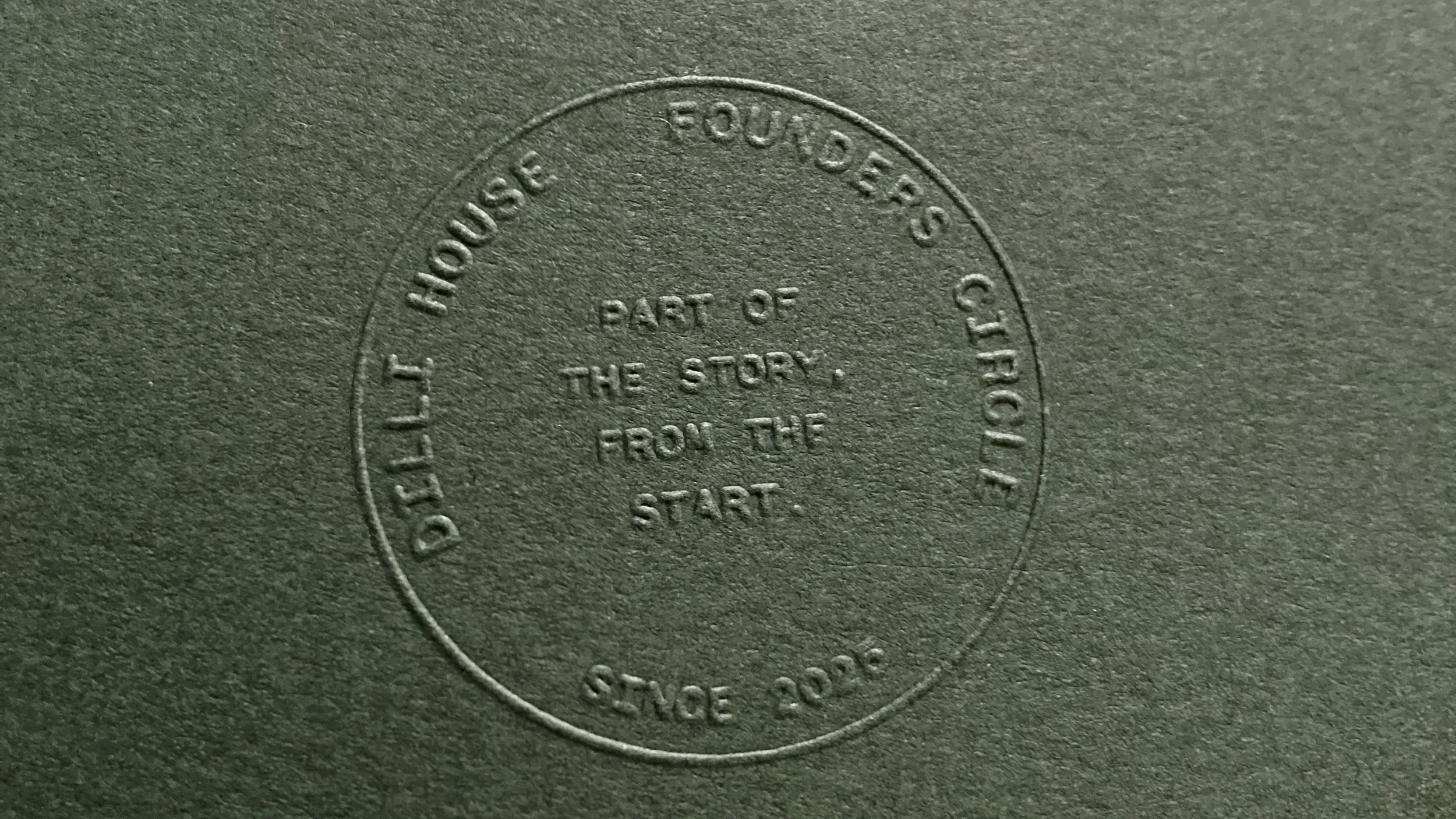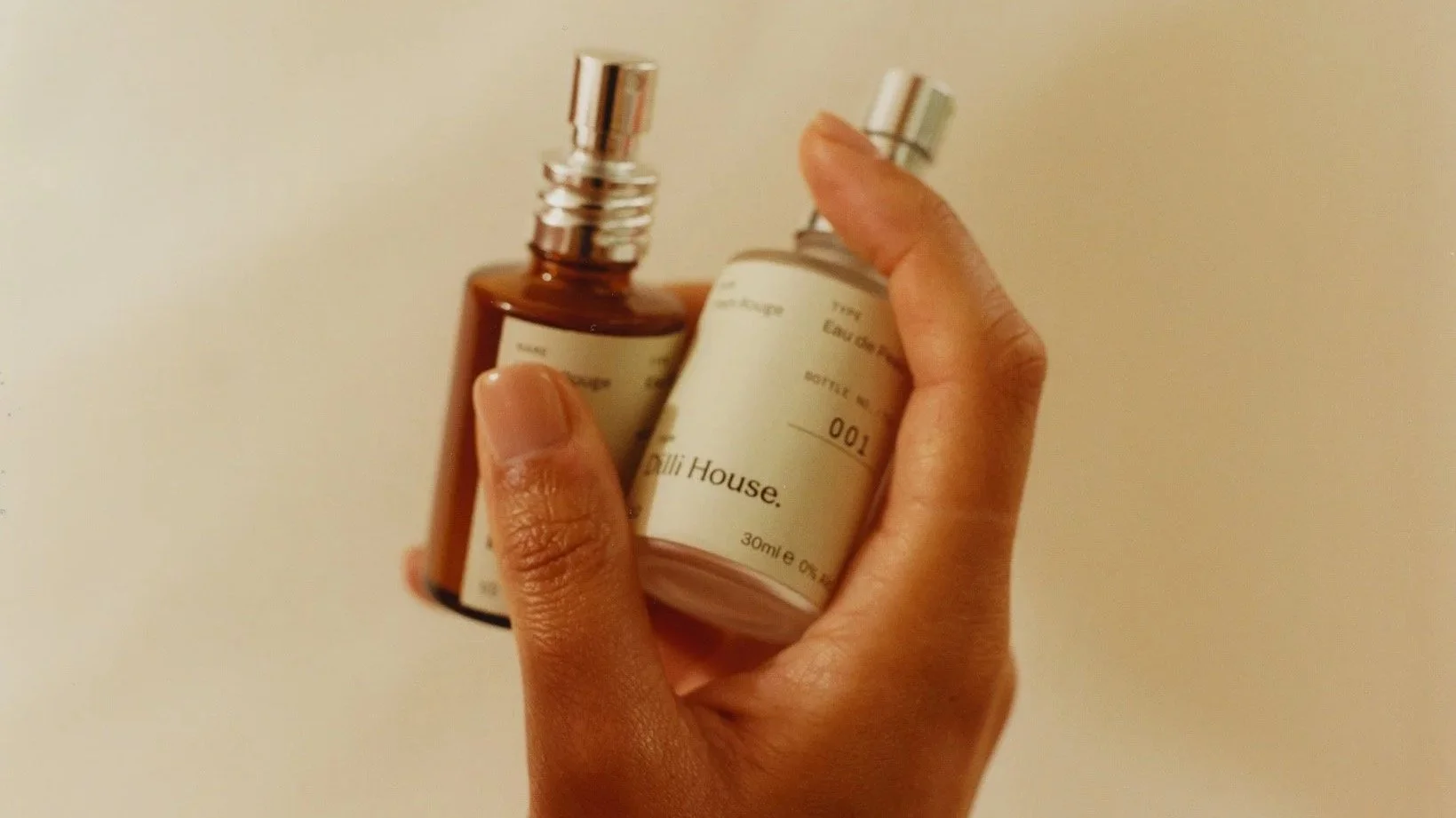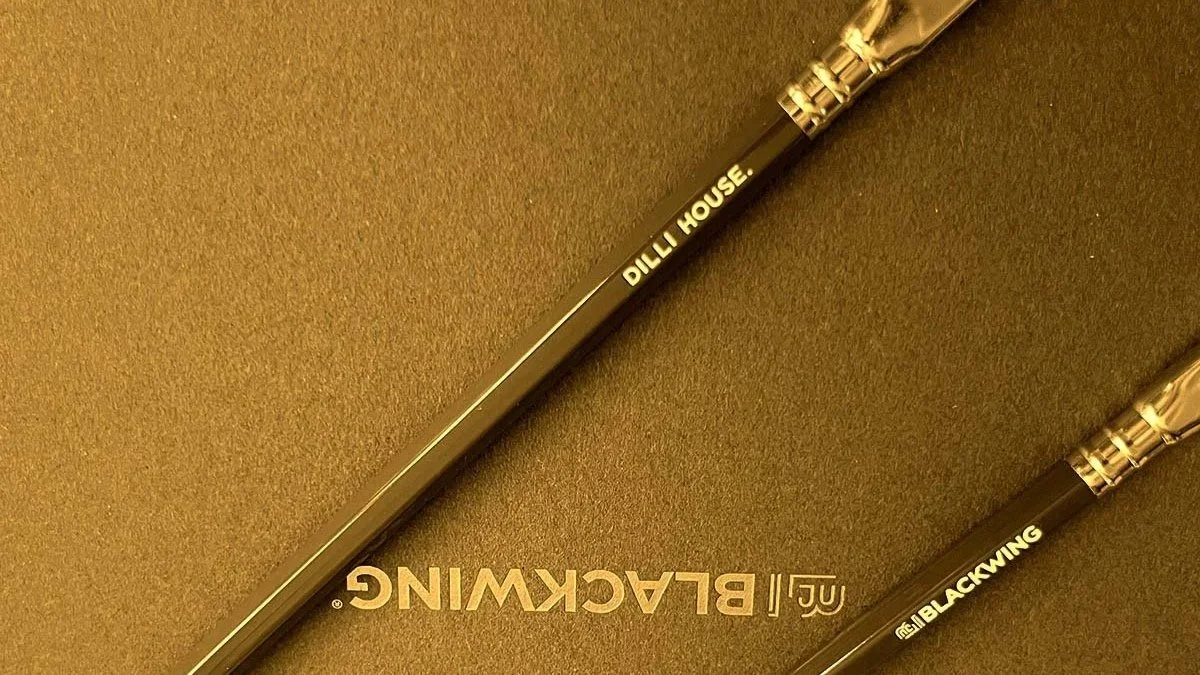The hidden circle: Why your first believers matter more than everything else
A meditation on trust, instinct, and the people who see beauty before it's proven
The moment everything changed
In 2008, Airbnb was dying.
Three founders, a mountain of debt, and a product nobody wanted. Hotels seemed fine. Staying with strangers felt risky. The idea that you'd sleep in someone else's bed, in their actual home, struck most people as somewhere between uncomfortable and insane.
But Brian Chesky, Joe Gebbia, and Nathan Blecharczyk had something most failing startups don't: they had Paul and Amara Graham.
The Grahams were Airbnb's first hosts in New York. When bookings dried up and investors said no, when the press called it a terrible idea and friends suggested getting "real jobs," the founders did something unexpected. They didn't pivot. They didn't quit.
They went back to the Grahams.
They sat in their kitchen, listened to their stories, understood what the experience meant to them. The Grahams didn't see risk - they saw connection. They didn't see awkwardness - they saw humanity. They trusted their instinct when everyone else trusted statistics.
That conversation saved Airbnb.
Because sometimes, the people who believe first aren't just customers. They're collaborators in a story that hasn't been written yet.
The Essential Mathematics of Early Belief
Here's what most businesses get wrong: they think their first customers are practicing trial runs. People to learn from before the "real" customers arrive.
The truth is exactly the opposite.
Your first believers aren't practice - they're prophecy. They're showing you what others will eventually see, feel, and want. They're not just buying your product; they're buying your potential.
Consider this: in 1976, Steve Wozniak showed his computer circuit board to his friend Steve Jobs. Jobs saw something Wozniak didn't – he saw a product, a company, a future. That belief, that ability to see beyond the circuit board to the possibility, became Apple.
Or think about James Dyson, who spent 15 years and created 5,126 prototypes before his first vacuum cleaner worked properly. During that time, when manufacturers said no and experts called him crazy, he had something invaluable: his wife Deirdre's unwavering belief. She saw past the failures to what he was building towards.
The mathematics are sacred because they're not really about numbers at all. One person who truly believes is worth more than a hundred who might buy. Because belief creates momentum, and momentum creates miracles.
The Neuroscience of Going First
What makes someone trust before they see proof? What psychological machinery drives a person to say yes when everyone else is saying wait?
Research in cognitive psychology reveals something fascinating: early adopters don't just have different preferences - they have different brains. They show higher activity in the anterior cingulate cortex, the region responsible for pattern recognition and possibility detection. They literally see things others miss.
But there's something deeper happening too. Early believers possess what researchers call "epistemic curiosity" - the drive to know something new simply because it's new. They're not just buying a product; they're participating in discovery.
This explains why early customers often become the most loyal. They're not just users - they're co-creators. They helped bring something into existence that wouldn't have existed without them.
At Dilli House, we understand this instinctively. Our Founders Circle isn't about early access or special pricing. It's about recognising the people who see gentle moments before we have the words to describe them. Who trust that non-alcoholic fragrance can be more than just fragrance - it can be a way back to yourself.
The House That Belief Built
The logo is a circle with these words: "Founders Circle. Part of the story, from the start."
Why a circle? Because a circle has no beginning and no end. It represents continuity, wholeness, a return to what matters. But more than that, it represents community. When you sit in a circle, everyone can see everyone else. There's no hierarchy, no head table, no VIP section.
The circle is about recognition - recognising that some people don't need proof to believe, don't need guarantees to trust, don't need crowds to follow before they'll lead.
The circle is about you. The people who see something before it's completely formed and choose to believe anyway.
The Alchemy of Recognition
Most companies reward their early customers with discounts. We chose a different path.
Our Founders Circle receives:
A limited edition Blackwing pencil (for the thoughts that matter)
A hand-numbered Charlotte Ager illustration (for the beauty you notice)
An invitation to our launch event (to celebrate together)
A year of free refills (because good things should return)
No discounts. Recognition.
Because here's what we've learned: the people who go first aren't motivated by saving money. They're motivated by being part of something meaningful. They want to contribute to a story, not just consume a product.
The Blackwing pencil isn't just a gift - it's a statement. These are the pencils used by writers, artists, and thinkers who shape culture. People who put ideas into the world before they know if anyone will care.
The Charlotte Ager illustration, hand-numbered and unique, represents the artistry that goes into everything we do. Each one slightly different, each one irreplaceable - like the people who receive them.
The launch event invitation is about community. Because when you believe in something together, that believing becomes stronger, more real, more lasting.
And the year of refills? Because we know that what matters most isn't the transaction - it's the relationship.
The Ripple Effect
Here's the secret about early believers that most businesses never discover: they don't just buy - they become.
They become storytellers, sharing their experience with people who trust their judgement. They become collaborators, offering insights that shape what you build next. They become advocates, defending your vision when others don't understand it yet.
When Patagonia was just a small company making climbing gear, their early customers weren't just buying equipment - they were joining a movement. They believed in the company's environmental mission before sustainability was trendy, before climate change was mainstream, before conscious capitalism was a concept.
Those early believers became the foundation of everything Patagonia is today. They didn't just buy products - they bought into a philosophy. And when you buy into a philosophy, you become part of its expression in the world.
This is why we call it a "circle" and not a "program" or a "club." Programs have rules. Clubs have hierarchies. Circles have connection.
The Economics of Trust
Traditional business thinking suggests you should start broad, cast a wide net, appeal to the largest possible market. But traditional business thinking creates traditional businesses - and traditional businesses rarely change anything.
The most meaningful companies do the opposite. They start narrow, deep, and specific. They find the people who care most intensely about what they're doing and serve them completely.
This isn't just philosophy – it's economics. Consider:
Customer Acquisition Cost: It costs 5-25 times more to acquire a new customer than to retain an existing one. Early believers don't just buy once - they buy repeatedly, reducing your acquisition costs over time.
Lifetime Value: Early adopters have 60% higher lifetime value than average customers because they buy more, buy sooner, and buy again.
Organic Growth: 92% of consumers trust referrals from people they know. Early believers become your most effective marketing channel because their enthusiasm is genuine and their credibility is unquestioned.
But perhaps most importantly: early believers give you permission to be different. They reward authenticity over polish, meaning over marketing, story over scale.
At Dilli House, we could have created a mass-market formula, launched with a mass-market approach,, tried to appeal to everyone who might want fragrance. Instead, we chose to start with the people who understand that fragrance can be more than scent - it can be presence, ritual, a gentle moment in a chaotic world.
The Philosophy of First
There's something profound about being first that goes beyond timing or economics. It's about character.
The people who go first - who trust instinct over evidence, who see potential over proof - they're not just different customers. They're different humans.
They possess what the Stoics called "preferred indifferents" - the ability to see value in things that don't yet have social validation. They understand that meaning often comes before measurement, that significance precedes statistics.
In our hyper-connected, recommendation-driven, review-obsessed world, the courage to go first is increasingly rare. And therefore increasingly valuable.
When someone chooses to join our Founders Circle, they're not just buying fragrance. They're making a statement about who they are: someone who trusts their own judgement, who values craft over convenience, who believes that small things can carry big meaning.
The Invitation
This brings us to you.
Maybe you're reading this because you felt something when you first heard about Dilli House. Maybe the idea of a natural, non-alcoholic, layerable fragrance intrigued you, or the concept of gentle moments resonated, or you simply trusted your instinct that something interesting was happening here.
If so, you already understand what we're about. You don't need more proof, more reviews, more social validation. You need recognition that your instinct matters, that your willingness to go first has value, that your belief helps create the reality we're all building towards.
Our Founders Circle isn't for everyone. It's specifically for people like you - people who see things others miss, who trust before they can verify, who choose to believe.
The circle closes when we reach capacity. Not because of artificial scarcity, but because meaningful communities require meaningful boundaries. Because special things remain special partly through their selectivity.
If this feels like you, you already know what to do.
The Beginning
Every story worth telling starts with someone who believes it. Every movement worth joining starts with someone who sees its potential. Every future worth creating starts with someone willing to trust it into existence.
At Dilli House, we're not just making fragrance. We're making space for gentle moments in a world that's forgotten how to pause. We're proving that East can meet West, that innovation can honour tradition, that something born from challenge can become something beautiful.
But none of this happens without you. The people who see it first, feel it first, believe it first.
Because in the end, the most important ingredient in anything meaningful isn't what you put into it - it's who chooses to believe in it.
The circle is open. The story is beginning.
Will you be part of it from the start?






